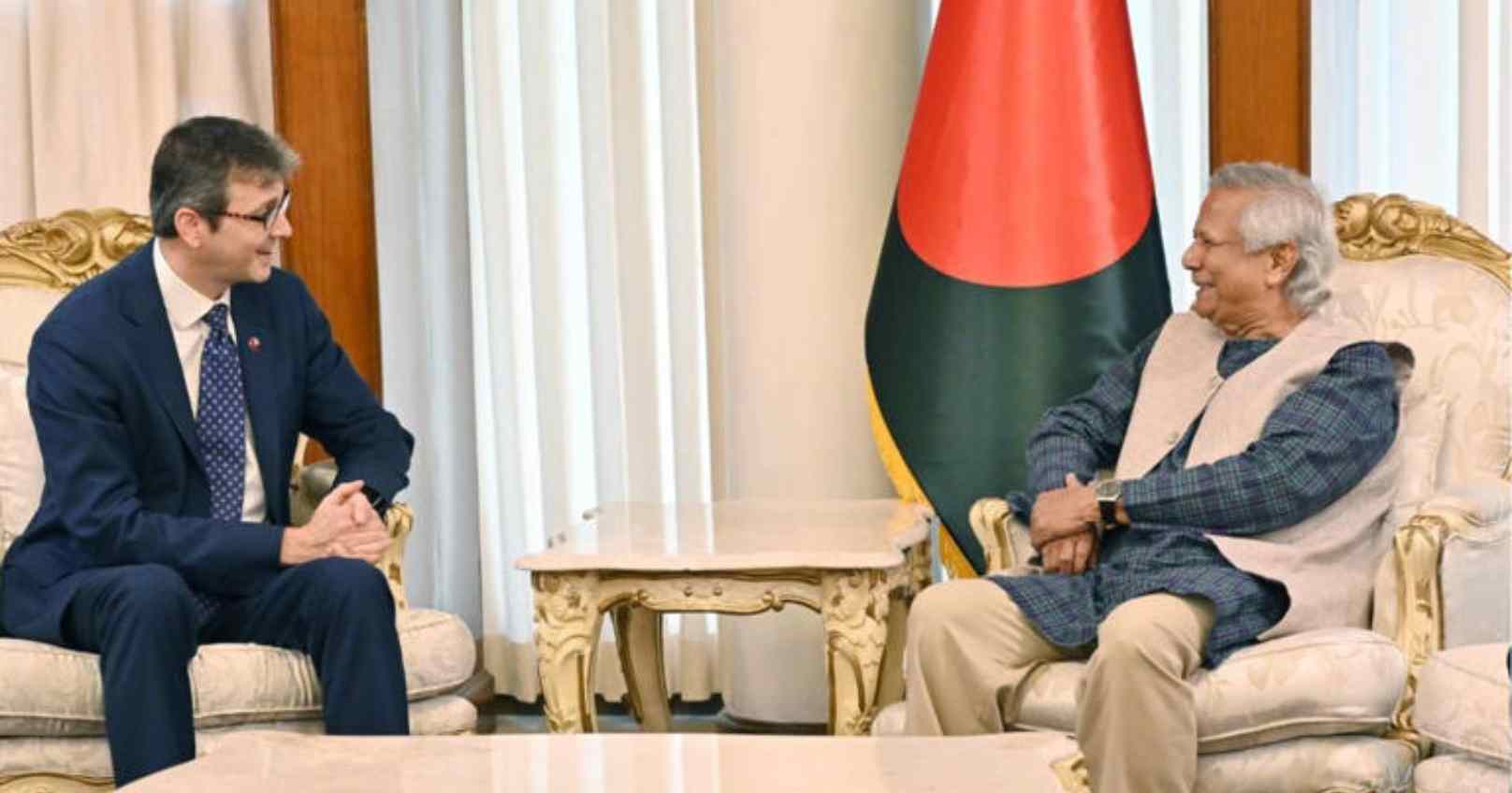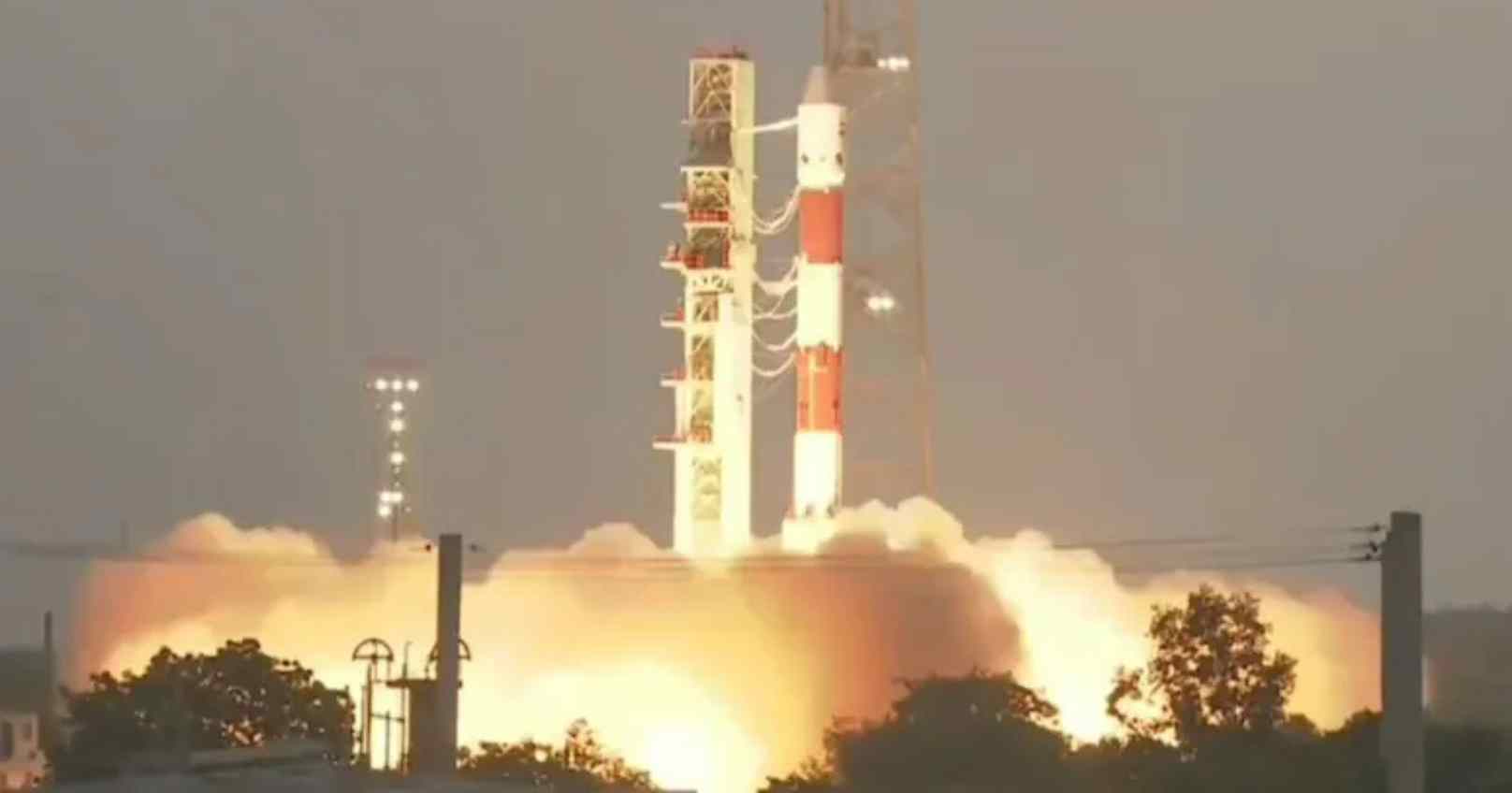The United States has pledged an additional $202 million in aid to Bangladesh, emphasizing its support for the country's economic development and institutional growth. This commitment was announced on Sunday during the visit of a six-member US delegation led by Deputy Under Secretary of the Treasury Department Brent Neiman, marking the first high-level US visit since Bangladesh's interim government took office last month.
The announcement follows an appeal from Bangladesh's Chief Adviser, Yunus, who requested $5 billion in international aid to address the economic challenges exacerbated by the Ukraine conflict, which has significantly increased fuel and food import costs. Last year, Bangladesh sought a $4.7 billion bailout from the International Monetary Fund.
The United States Agency for International Development (USAID) will provide the $202 million grant to support governance, social, economic, and human development in Bangladesh. This new funding is part of a broader agreement in 2021, where USAID pledged $954 million between 2021 and 2026, of which $425 million has already been allocated.
In a statement following the meeting with Yunus, the U.S. embassy highlighted its commitment to aiding Bangladesh in achieving a more equitable and inclusive future. The discussions also addressed essential reforms in the judiciary, police, and financial institutions, as well as the recovery of assets allegedly misappropriated by the previous regime.
The delegation's visit included meetings with interim government officials, including Foreign Affairs Adviser Mohammad Touhid Hossain, Finance and Commerce Adviser Salehuddin Ahmed, and Bangladesh Bank Governor Ahsan Mansur. The talks also covered economic reforms, investment, labor issues, the Rohingya crisis, and Yunus’s upcoming visit to the UN General Assembly in New York.
Donald Lu, assistant secretary for South Asia, who joined the delegation after a tour of India, participated in the discussions. The US State Department emphasized its focus on supporting Bangladesh’s economic growth, financial stability, and development priorities.







